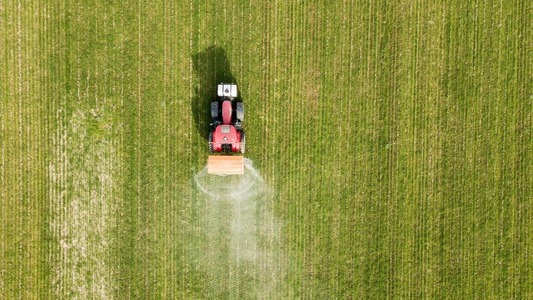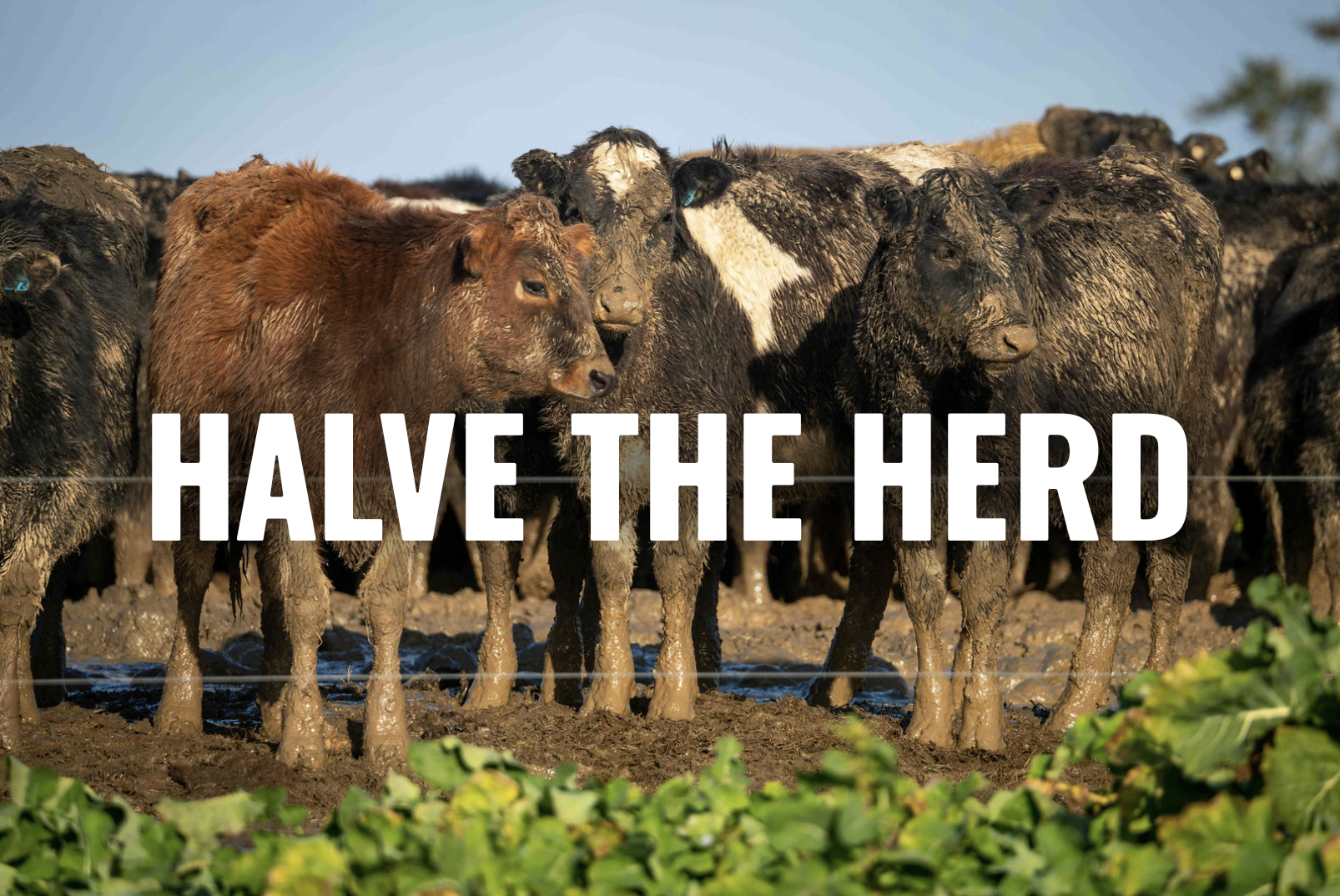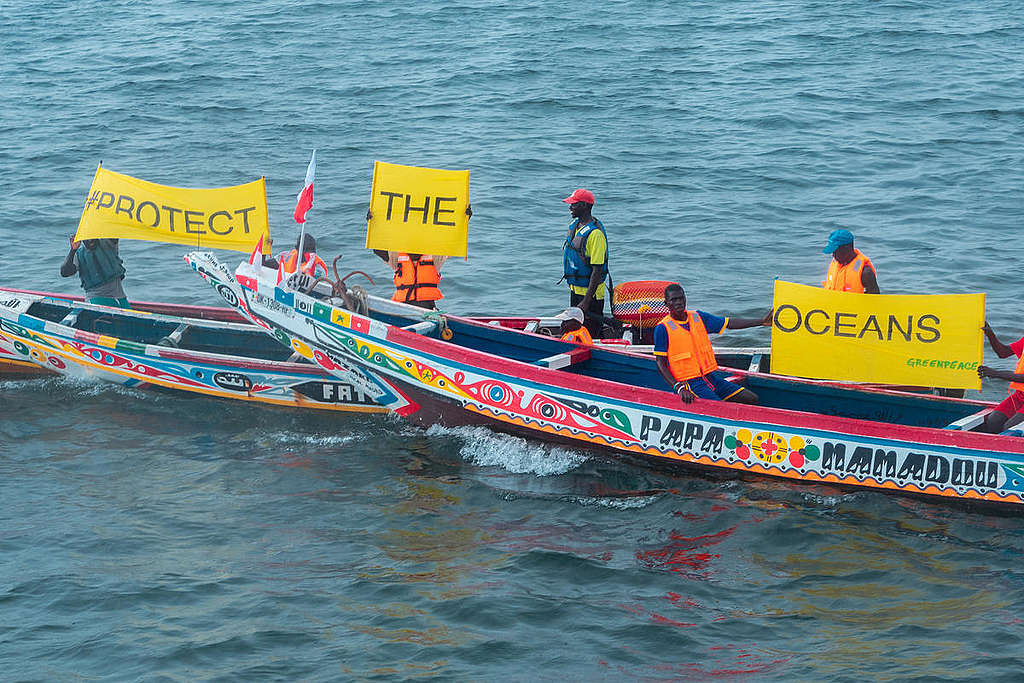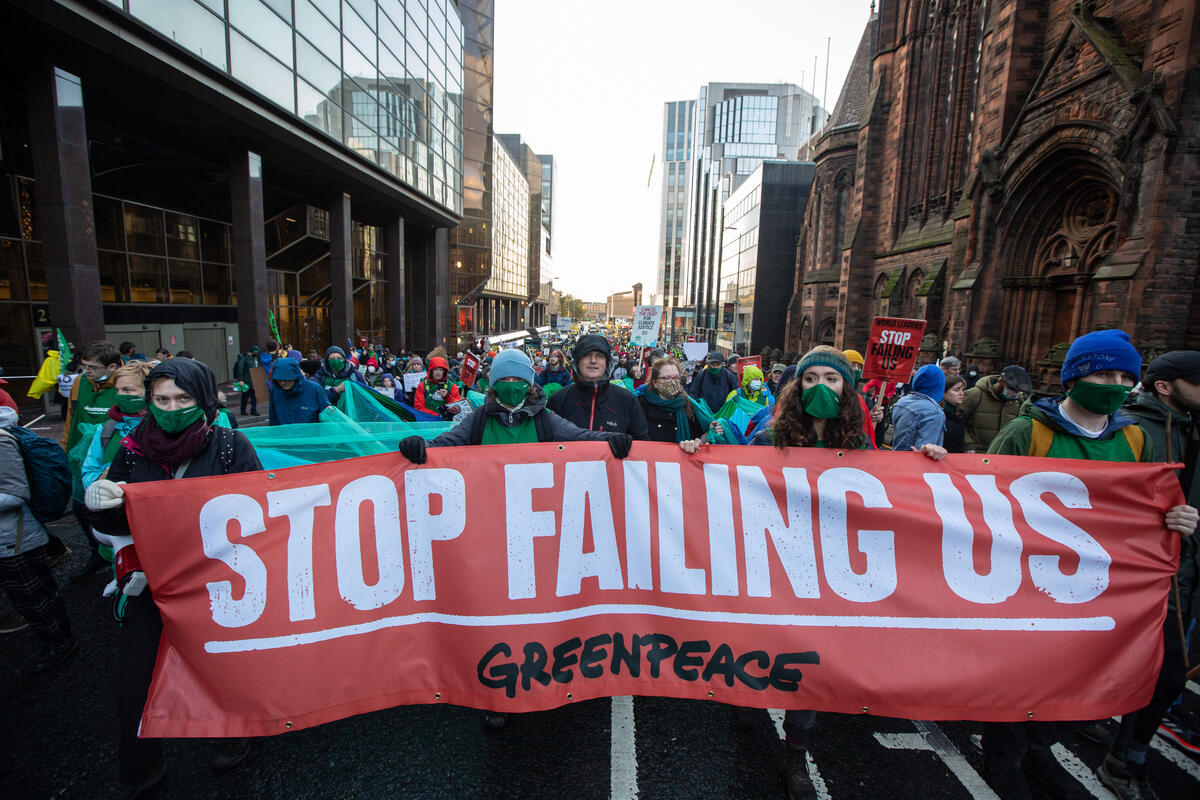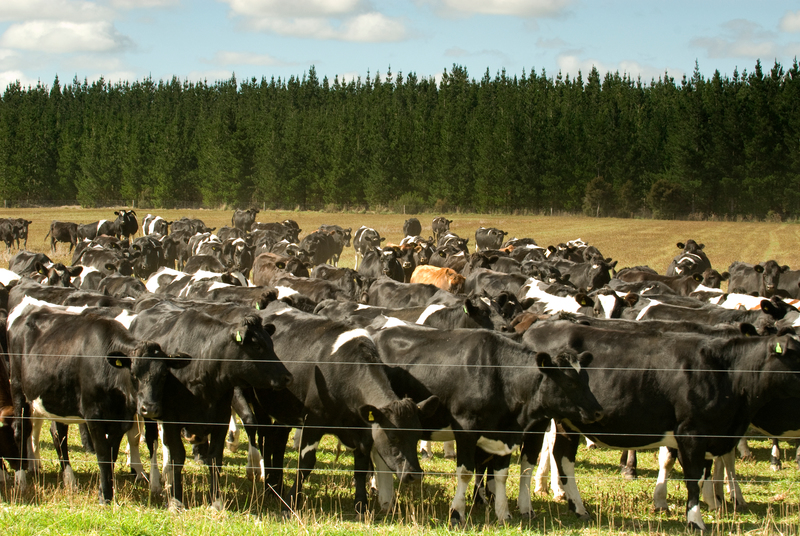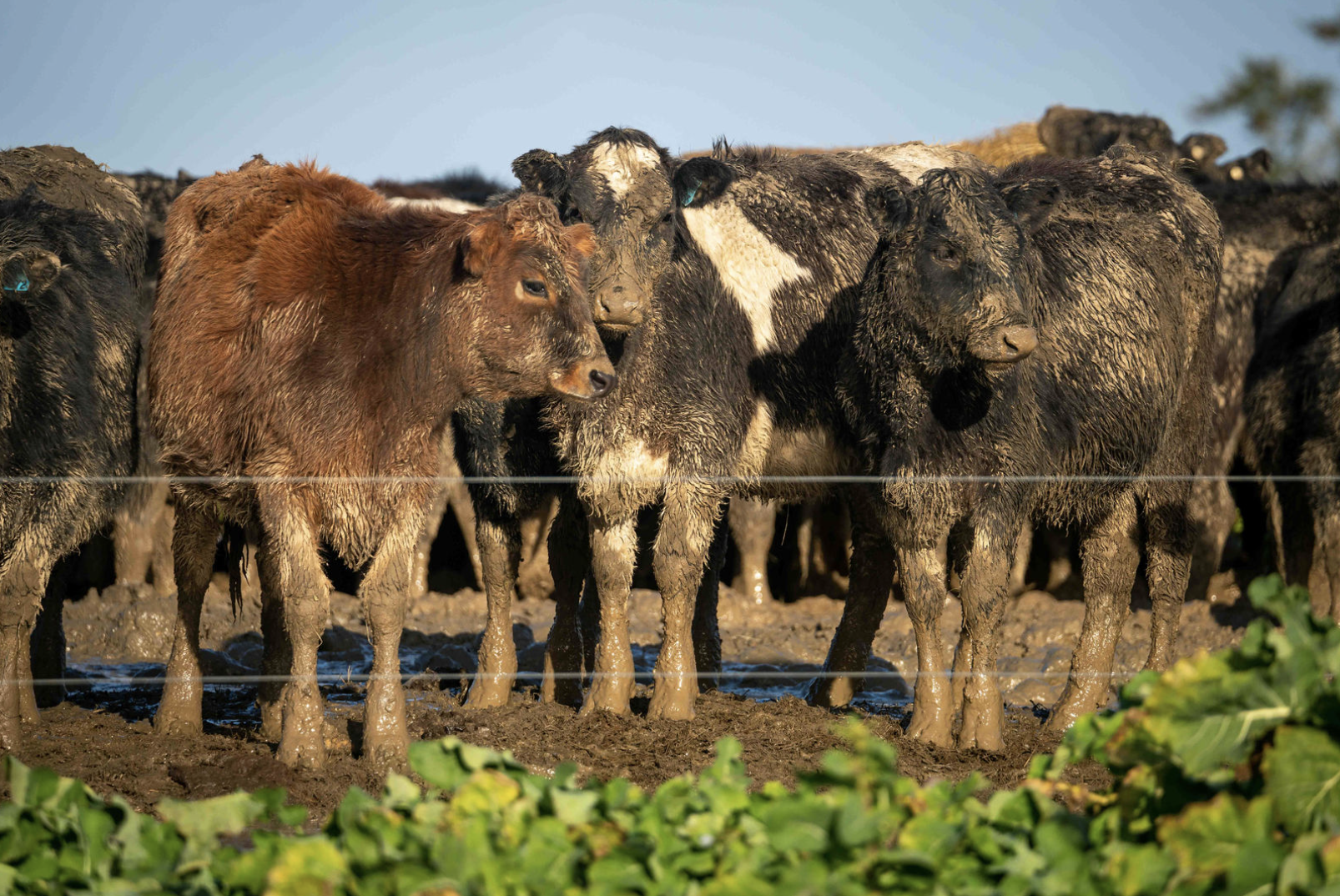-
Greenpeace legal submission on “greenwashed” Kapuni hydrogen project
Greenpeace has filed notice to be heard as an Interested Party on a legal appeal by Taranaki iwi Ngāti Ruanui opposing a Kapuni fertiliser project given approval under the Ardern Government’s Covid-19 fast-track consenting legislation.
-
Greenpeace joins legal action on greenwashed Kapuni hydrogen fertiliser project
Greenpeace has filed notice to be heard as an Interested Party on a legal appeal by Taranaki iwi Ngāti Ruanui opposing a Kapuni fertiliser project given approval under the Ardern…
-
There are too many cows. Halve the herd.
Since the start of the dairy boom in the 1990s, cow numbers in New Zealand have doubled. Read this op-ed to find out more
-
Why is the Convention on Biological Diversity COP15 so important for biodiversity?
Biodiversity, or “biological diversity”, is a term used to describe the enormous variety of life on our planet. Biodiversity is crucial to life on our planet, where all life forms…
-
The game changers on climate
Earlier this month leading climate scientists issued their landmark report on climate solutions, directly to world governments, saying it’s “now or never” if we are to meet the Paris Agreement 1.5°C warming
-
Agriculture still tops emissions, so where’s the action?
Greenpeace says today’s Greenhouse Gas Inventory release from the Ministry for the Environment (MfE) underlines the case for halving the bloated dairy herd.
-
New Zealand sabotaged critical climate action advice by IPCC
Records show that New Zealand officials argued against recommendations for a shift to plant-based diets in the crucial ‘Summary for Policymakers’ version of IPCC Working Group’s latest climate change mitigation report to world governments.
-
Greenpeace incredulous over James Shaw’s dairy denial
Greenpeace has taken aim at the Minister for Climate Change and co-leader of the Green Party, James Shaw, over his recent comments regarding cow numbers in New Zealand.
-
Don’t Look Up brings climate crisis to The Oscars: 11 environmental movies to watch next
If you watched Don’t Look Up And are looking for more films that engage with the climate crisis or can help you learn more about the environment as well as our relationship to it, here are several options
-
6 things to know about the IPCC climate solutions science report
The world’s top climate scientists just delivered their rescue plan for humanity, directly to our governments...here's 6 things to know about the plan.

